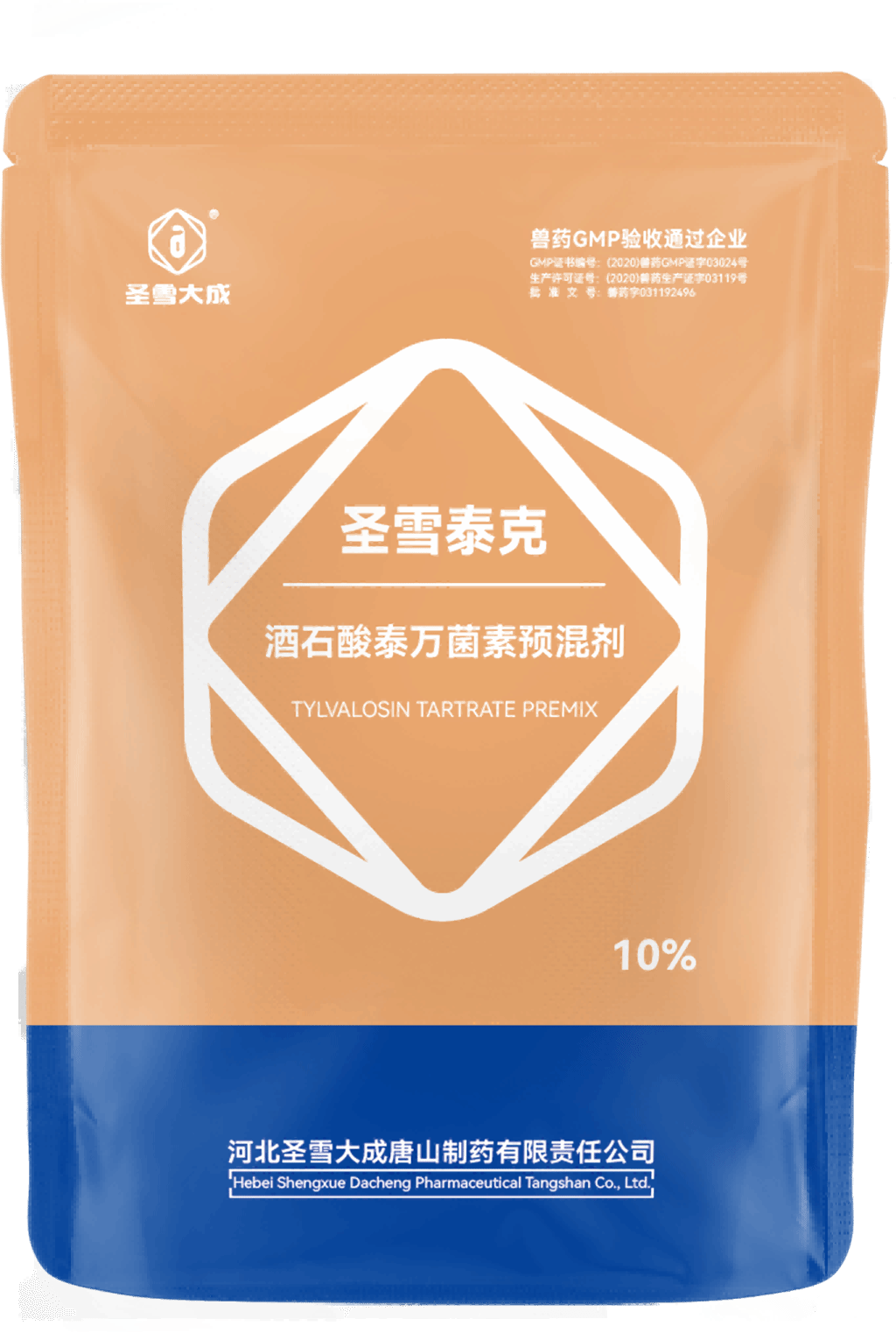Tel:+8618231198596

News
 CONTACT
CONTACT
 CONTACT
CONTACT
- Linkman:Linda Yao
- Tel: +8618231198596
- Email:linda.yao@dcpharma.cn
- Linkman:CHARLES.WANG
- Department:Overseas
- Tel: 0086 0311-85537378 0086 0311-85539701
News
Tylvalosin tartrate premix formulations are tested for compatibility with various feed ingredients.
TIME:2024-09-05
Understanding Tylvalosin Tartrate Premixes
Tylvalosin tartrate is a macrolide antibiotic that is effective against a wide range of Gram-positive bacteria and some Gram-negative bacteria. It is often incorporated into premixes that are then added to animal feed to ensure consistent and accurate dosing. Premixes containing tylvalosin tartrate are designed to improve the bioavailability of the antibiotic and to distribute it evenly throughout the feed.
Why Compatibility Testing is Important
Compatibility testing is crucial because it ensures that the tylvalosin tartrate remains stable and effective when mixed with various feed ingredients. If the antibiotic interacts negatively with certain components of the feed, it may lose its efficacy or even become harmful to the animals. Furthermore, poor compatibility can lead to uneven distribution, resulting in under-dosing or over-dosing, which can compromise animal health and contribute to the development of antibiotic resistance.
Key Aspects of Compatibility Testing
Chemical Stability: Tests are conducted to evaluate the chemical stability of tylvalosin tartrate when mixed with common feed ingredients such as grains, proteins, fats, and minerals. The goal is to ensure that the antibiotic does not degrade or interact chemically with these components in a way that would diminish its effectiveness.
Physical Mixing: The physical properties of the premix are assessed to determine how well it blends with the feed. Factors such as particle size, density, and flowability are evaluated to ensure that the premix distributes uniformly throughout the feed, guaranteeing consistent dosing.
Nutritional Interactions: The potential for nutritional interactions is another critical aspect of compatibility testing. Some feed ingredients might interfere with the absorption or metabolism of tylvalosin tartrate, which could impact its therapeutic effects. Testing aims to identify any such interactions and recommend adjustments to the feed formulation if necessary.
Storage Stability: Long-term storage of the premixed feed is also a concern. Tests are performed to assess the stability of tylvalosin tartrate under various storage conditions, including temperature, humidity, and light exposure. This information helps in establishing recommended storage guidelines to maintain the integrity of the antibiotic.
Safety and Regulatory Compliance: Finally, compatibility testing must also consider safety and regulatory compliance. Ensuring that the premix does not introduce any toxic substances into the feed and that it complies with local and international regulations is essential for the health of the animals and the safety of the food supply chain.
Methods of Testing
Compatibility testing typically involves laboratory analysis and sometimes field trials. Analytical methods such as High-Performance Liquid Chromatography (HPLC) can be used to measure the concentration of tylvalosin tartrate in the feed and to detect any chemical changes that occur during mixing or storage. Field trials may involve feeding studies with a small group of animals to monitor the effectiveness of the antibiotic in a real-world setting.
Conclusion
The compatibility of tylvalosin tartrate premixes with various feed ingredients is a critical factor in ensuring the antibiotic's effectiveness and safety in livestock. Through rigorous testing, manufacturers can develop premix formulations that maintain the stability and efficacy of tylvalosin tartrate, even under diverse feed conditions. By ensuring that tylvalosin tartrate remains effective and safe, farmers and veterinarians can better protect the health of their animals, contributing to sustainable and responsible agricultural practices.
- Tel:+8618231198596
- Whatsapp:18231198596
- Chat With Skype







